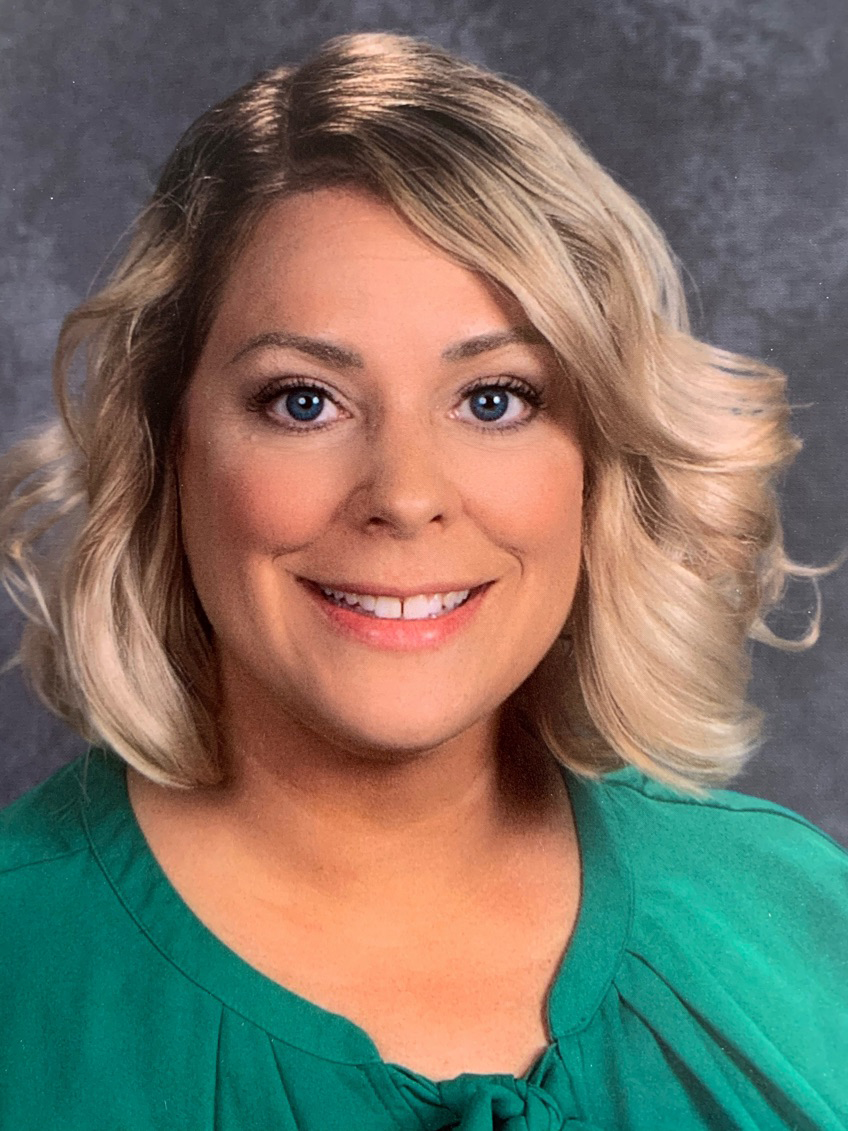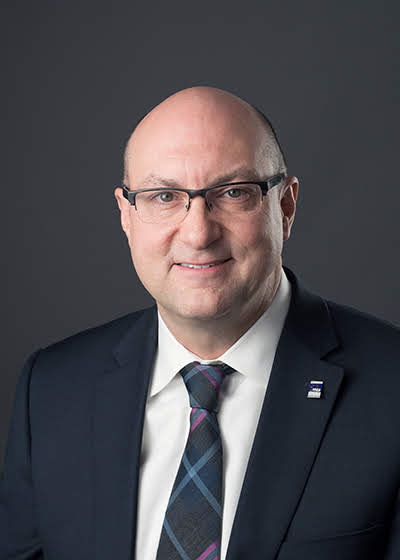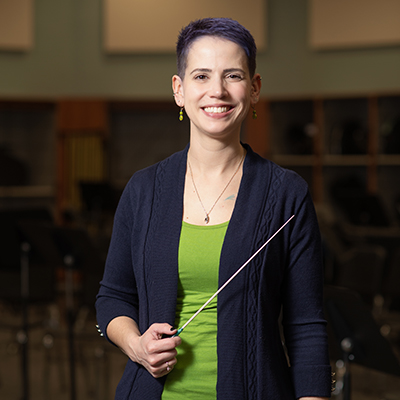MEA Joins Seven-State Pilot Program to Support New Teachers

Utica second grade teacher Casey Joss will start her 18th year in the classroom this fall, but the MEA member hasn’t forgotten the struggles and uncertainties of being brand new to the profession.
In fact, it’s become her passion to remember those early days with clarity—so she can develop meaningful ways to directly help today’s early career educators thrive amid the complexities and demands of the job.
“Teaching is so hard, and we need to retain high-quality people in the profession and not lose them in those first few years, so I think of it as one of my duties to support the next generation of teachers,” Joss said.
Now she has a new vehicle to drive that work within the union.
MEA is one of seven Midwest education associations piloting a teacher-led system of supports for early career educators, called Educators Leading the Profession (ELP). Joss will serve as one of the virtual coaches available for participants to select as a professional practice guide.
In addition to a virtual coach, early career educators in the pilot program will receive a building mentor to act as a go-to person for practical information about how the school operates. Building mentors will also help to form a local in-person community of new teachers to support each other through collaboration and reflection.
Virtual instruction coaches, including Joss, will offer direct guidance through one-on-one meetings and use of research-based frameworks in a series of learning modules.
Joss said her focus with any new teachers she’s assigned to support will be to stress the importance of building relationships with students, the how-to of classroom management, and everyday realities not covered in teacher preparation programs.
She already has experience supervising student teachers in her classroom. In addition, for the past several years, Joss has secured an NEA grant to run professional development courses to help new teachers in Utica earn 30 of the 90 hours required in their first two years of teaching.

“Whenever there are openings, I also teach mathematics to undergrad students at Oakland University right before they’re getting ready to do their student teaching,” Joss said. “I get a lot of positive feedback, because I talk about the realities. They will stay after class just to chat about how to handle an angry parent or to get feedback on their lesson plans.”
The ELP pilot program offers veteran educators like Joss a new avenue for leadership within the union, and it extends MEA’s reach in a vital area of support for educators that is growing in importance—especially given the teacher shortage in Michigan and across the U.S., said MEA Executive Director Mike Shoudy.
“Because it’s union-led, the whole structure of the program is about creating a safe space for the new teacher to grow and be vulnerable,” Shoudy said. “We don’t work for administration; we’re not part of the evaluation process; we are solely there to support new teachers and make sure they’re successful so they stay in the profession.”
The discussions and planning for the program over the past two years have been vibrant and enthusiastic as union leaders from across the region have come together in thinking outside of the box and trying something new, Shoudy said.
“Professional practice is our work. Being the voice of members is our work. Supporting new educators is our work. And our willingness to take a chance on something new is an exciting shift into a space where we haven’t traditionally been involved.”
By mid-summer, Farmington Public Schools had joined the free program to begin this fall. In Michigan, the goal is to run the pilot in two school districts for two years—and then evaluate if new teachers who participated grew their skills and stayed in the profession longer than peers who did not.
“Many members have described the first one to five years of teaching like drinking from a firehose,” Shoudy said. “Helping new teachers sift through that volume of information is so important.
“With ELP’s program, new teachers have a virtual coach to help on that instructional side, while the building mentor can support them in navigating the school’s culture, administration expectations, how to hold parent-teacher conferences, etc. Someone who has been there and can give advice and encouragement—that means so much to new teachers.”
MEA President Paula Herbart thanked the coaches, mentors and new teacher participants for being willing to pioneer a new approach that promises to keep early career educators from slipping through the cracks in those critical first few years.
“I can think of nothing more important than building an understanding and encouraging community around the early career educators who’ve answered the call to join the greatest profession,” Herbart said.
Neighboring state associations partnering in ELP include Nebraska, Illinois, Indiana, Iowa, Minnesota and Ohio.


